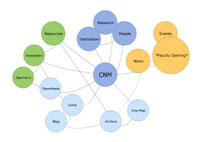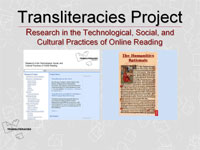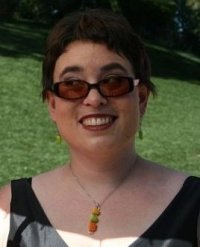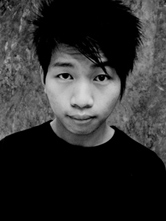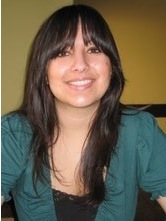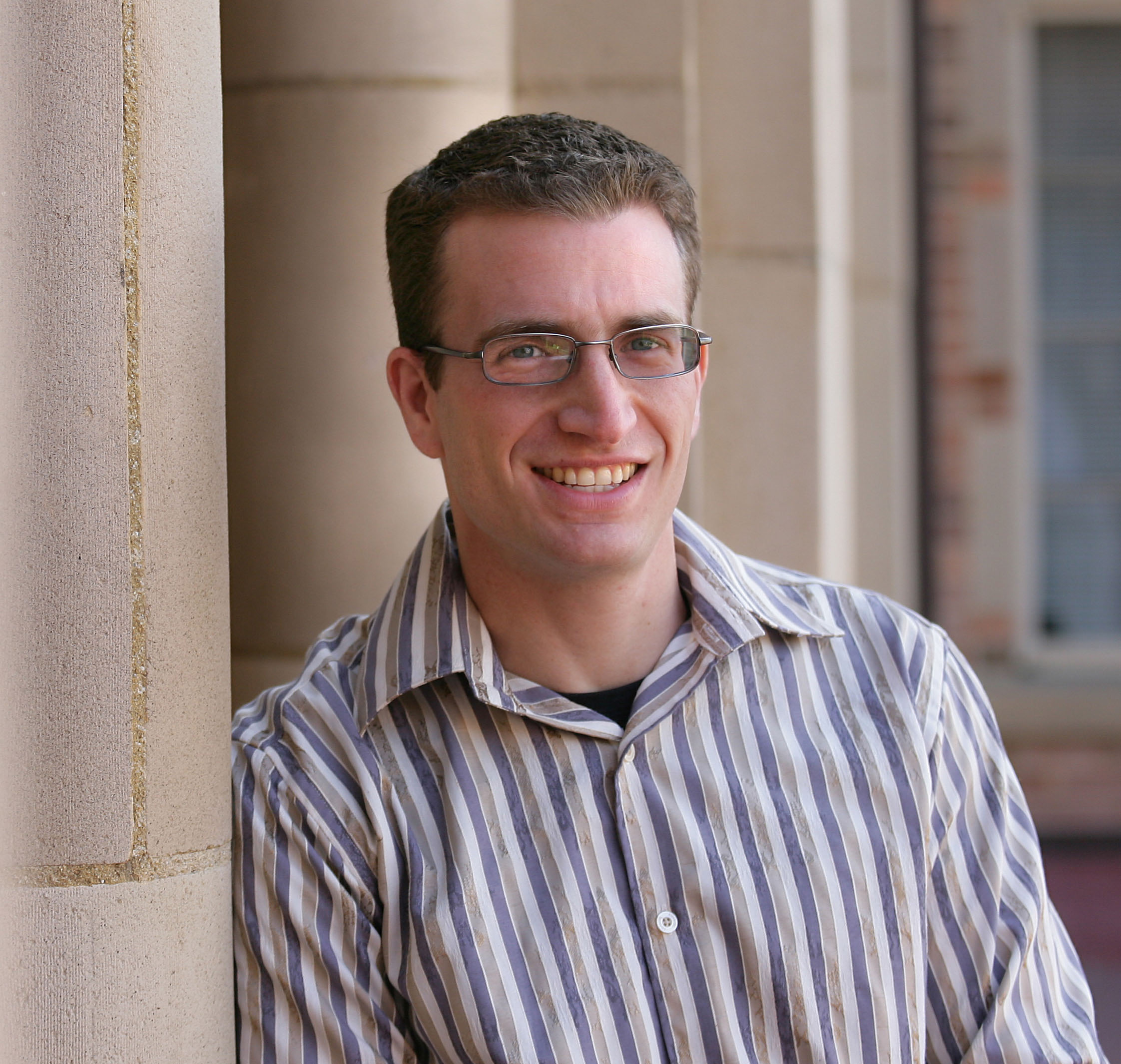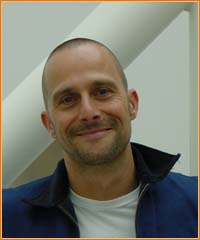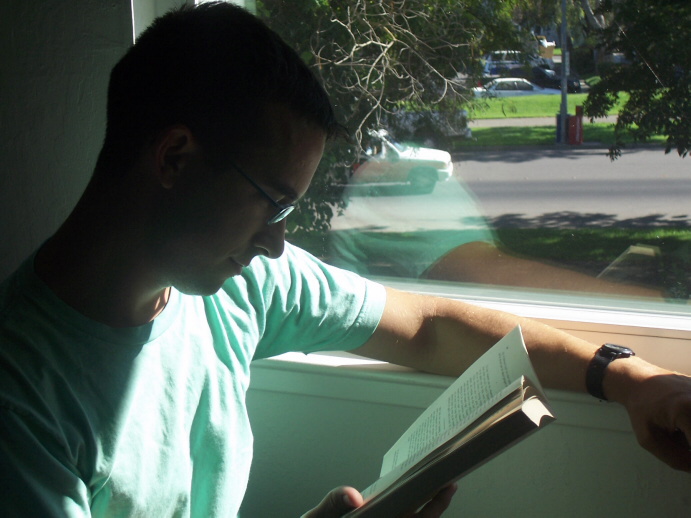Senior Research Specialist, Department of Music, UCSB; Senior Continuing Lecturer, Graduate Program in Media Arts and Technology, UCSB
Home page
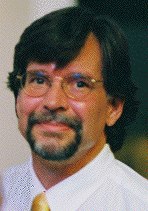
Stephen Travis Pope, is a composer of computer music, software developer, and social and spiritual activist based in Santa Barbara, California. He is affiliated with the Center for Research in Electronic Art Technology (CREATE), in the Dept. of Music at UC Santa Barbara, and the Graduate Program in Media Arts and Technology (MAT). His music and video compositions are released through HeavenEverywhere, and the NY-based Electronic Music Foundation released a triple-disc set (2 CDs and 1 DVD) retrospective of his music/video works in 2007. Stephen is also a practising Quaker, a conscientious objection counsellor, a trained Reiki practitioner, a facilitator in the Alternatives to Violence Project, and prison clergy registered with the California Dept. of Corrections.
In his 25 years experience in software research and development, Stephen has undertaken projects at the Vienna Music Academy, the Mozarteum, Stanford University, U. C. Berkeley, the Swedish Institute for Computer Science, the Technical University of Berlin, STEIM in Amsterdam, and U. C. Santa Barbara. He has over 100 publications on topics related to artificial intelligence, graphics and user interfaces, integrated programming environments, object-oriented programming, music theory and composition, distributed systems, and digital multimedia.
In parallel with his academic career, he has held technical and managerial positions at PCS/ Cadmus Computers in Munich, Xerox PARC, ParcPlace Systems (now Cincom), Predixis (now MusicIP) and Expertcity.com (now Citrix-Online) in California, and a variety of other US-based, European and Asian industry and defense organizations. Stephen lived in Europe (Austria, France and Germany) from 1977-86, and has spent several years there since then (Holland, Sweden and Germany).
Stephen’s primary multi-year research projects have revolved around the issues of models and languages for sound/music processing, tools for developing and deploying distributed real-time software, multi-channel spatial sound processing and performance, and signal analysis and statistical processing for music information retrieval.
Links: Home page | Heaven Everywhere | FASTLabInc
Quote:
Under construction.
Insert citation
]]>
